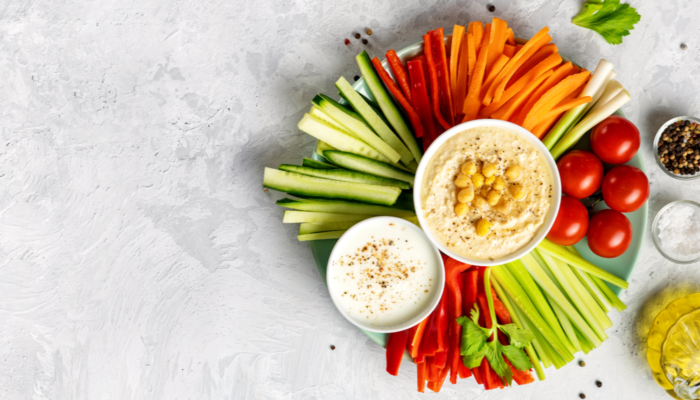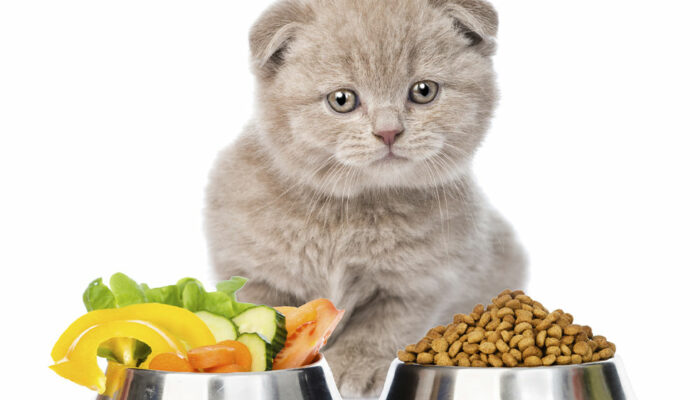
Superfoods for Cancer and Other Treatments
Although superfoods can help to minimize risk and fight cancer, individuals with cancer will still need to seek alternative health treatments. Various therapies that have undergone clinical trials—chemotherapy, radiation therapy, immunotherapy, and more—are all available to help individuals become cancer free. Surgery to remove a tumor from the body is another form of treatment. However, treatments will vary from person to person: while some individuals will only have one treatment, others will have a combination. To figure out what treatments are right for you or your loved one, googling ‘cancer clinics near me’ is a great way to locate the advice of a medical professional.
In the pursuit of supporting the fight against cancer, numerous charities and foundations stand out for their impactful contributions. The American Cancer Society (ACS) takes a multifaceted approach, channeling funds into groundbreaking research, patient assistance programs, and educational initiatives. The National Cancer Institute (NCI), a vital arm of the National Institutes of Health, plays a pivotal role in advancing cancer research and facilitating clinical trials, contributing significantly to our understanding of the disease. For those passionate about combating breast cancer, Susan G. Komen for the Cure is a global leader, focusing on research funding, education, and support for individuals affected by this prevalent form of cancer. Meanwhile, St. Jude Children’s Research Hospital stands as a beacon of hope for pediatric cancer patients, ensuring that families never face financial burdens during their child’s treatment. The Cancer Research Institute (CRI) champions immunotherapy, funding research and fostering public awareness about this innovative cancer treatment. Lastly, the Leukemia & Lymphoma Society (LLS) is dedicated to finding cures for blood cancers, providing support, and advocating for policies that benefit patients. Supporting these charities empowers ongoing efforts to conquer cancer on multiple fronts, from groundbreaking research to compassionate patient care.
While there’s unfortunately no food that can cure cancer, there are plenty of delicious foods that might help to lower the risk of developing cancer. Alongside this, these foods provide multiple other benefits and thus help to maintain overall health. Keep reading to learn more about 5 great superfoods for cancer:
1. Berries
Many different kinds of berries—strawberries, blueberries, raspberries, and others—contain polyphenols, which are antioxidants that can help decrease the risk of developing stomach, mouth, lung, and throat cancers. Specifically, blueberries are rich in vitamin C, vitamin K, and fiber. Generally, berries are as healthy as they are delicious: terrific in smoothie bowls and other yummy recipes, there’s plenty of ways to incorporate berries into your diet!
2. The allium family
The allium family includes vegetables such as garlic, scallions, and onions. These contain organosulfur compounds that can help to fight against multiple cancers—for example, stomach cancer. These vegetables also have preventive properties against lung, colorectal, and skin cancers. Garlic in specific can aid in reducing high blood pressure and heart disease, as well as possibly also lowering cholesterol.
3. Tomatoes
In particular, tomatoes can help decrease the risk of developing prostate cancer. This is because of their lycopene content, which is an antioxidant that’s been linked to lessening cancer risk. After reviewing 24 studies, it was suggested by researchers that males who consumed more tomatoes were at a lower risk of developing prostate cancer.
4. Green tea
Rich in substances known as polyphenols—specifically catechins—extracts from green tea have been shown in some laboratory studies to halt the growth of cancer cells. It’s believed by scientists that green tea is given its antioxidant properties by catechins. With such amazing benefits and such a delicious aroma, green tea will add the perfect touch to your morning, afternoon, or maybe even evening!
5. Whole grains
After a massive study—one that included almost half a million people—outlined that eating more whole grains might lower the risk of developing colorectal cancer, whole grains have become known as a staple food for fighting cancer. Quinoa, brown rice, oats, and whole wheat are just a few examples of whole grains, all of which are high in fiber to help lower cancer risk.



